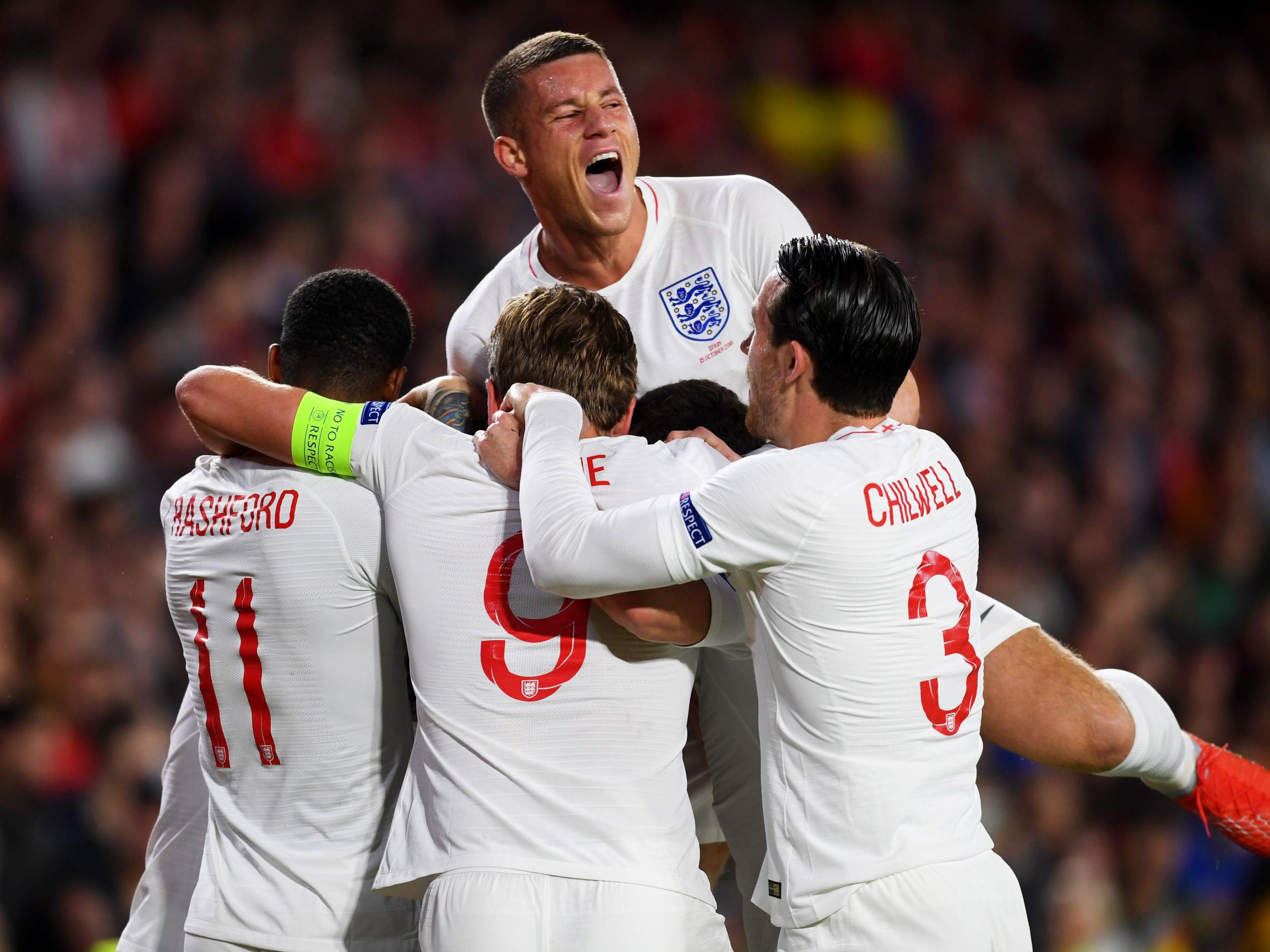Uefa's Nations League could save international football if it can survive inevitable pressure from clubs
Uefa's new tournament has made an excellent start to life but pressure from below will come
“The most senseless competition in the world of football.” That was how Jürgen Klopp described the Nations League on the eve of this international break and those who have attempted to parse through the tournament’s various play-off permutations may sympathise with him.
Klopp’s complaint was not about the competition’s labyrinthian format, though. His problem was its purpose. The idea behind Nations League was to make mid-season international football more competitive and on the evidence of the September and October breaks, it appears to be a success.
The League A meetings between Europe’s elite have largely lived up to their billing. Among the mid-ranking nations in Leagues B and C, the promotion and relegation element has postponed the usual sense of stasis. The League D minnows spared regular spankings may be the biggest beneficiaries of all. The Nations League works.
Yet the problem with making international football more competitive is that you make international football more competitive. By reducing the number of “meaningless friendlies”, you increase the demand on players. Europe’s top footballers are not playing more football matches but they are playing more football matches of consequence.
At club level, this will not go unnoticed. Klopp, for example, was once able to contact the head coach of a national team and request a favour or two at this time of year. “Now you call a manager of any country and ask him to leave out one or two players and he says: ‘I am under pressure as well because now it’s Nations League.’
The Liverpool manager became the first high-profile club figure to speak critically about the competition with those comments, but the only surprise was that others in his position had not done the same earlier. In fact, this significant change to European football was met with little resistance.

The European Club Association, which is recognised by Uefa as representing the interests of the continent’s clubs, found nothing to take issue with when the Nations League concept was announced in March 2014. “The European clubs do not oppose such project, as the number of international matches in the calendar remains unchanged,” they said.
European Leagues, the lobby group including the Premier League, La Liga and the Bundesliga, reserved judgement. FIFPro, the world players’ union, were the only dissenters and the only organisation to note that, despite guaranteeing no increase in the number of matches, an increase in competitive matches is still significant.
“It should be clear that there is a difference in a friendly match and a competitive match”, said Tijs Tummers, the union’s director of player services. “As we understand, the Nations League will be another prestigious competition. As a consequence, that implies an increase in the workload for the group of top players.”

FIFPro’s point was an accurate one and one in the interest of Europe’s most influential clubs, as well as their players. Whether that increased workload begins to tell, and whether support for the Nations League within the ECA begins to waver as a result, remains to be seen.
One thing is certain, though: the football calendar is becoming a battleground. Compare the way in which Uefa’s Nations League was waved through four years ago to the dispute over Fifa’s attempts to launch their own version of the tournament, alongside an expanded 24-team Club World Cup.
Fifa’s vague proposals, described as a $25billion restructure of world football, were chiefly opposed by Uefa, who were particularly worried that the reformed Club World Cup would threaten the existence of the Champions League.
Uefa’s Professional Football Strategy Committee – incorporating ECA, European Leagues and FIFPro – expressed “serious reservations” about the plans in May, citing an increased workload on players among their concerns. Gianni Infantino, the Fifa president, subsequently kicked the proposals into the long grass.
The Nations League, meanwhile, is unlikely to go anywhere anytime soon, what with it being fully ratified, established and apparently successful tournament. Yet an inherent tension within it – demanding more from players, and thus more from their clubs – has plenty of time to surface.
Clubs are becoming increasingly attuned to the number of competitive minutes their players are forced to fulfil and will notice that the same argument of player burnout that helped defeat Infantino’s plans applies to Uefa’s new competition.
Do not be surprised if, as the popularity of the Nations League grows among the public, that same sunny outlook is not shared within some areas of the game.
Join our commenting forum
Join thought-provoking conversations, follow other Independent readers and see their replies
Comments
Bookmark popover
Removed from bookmarks